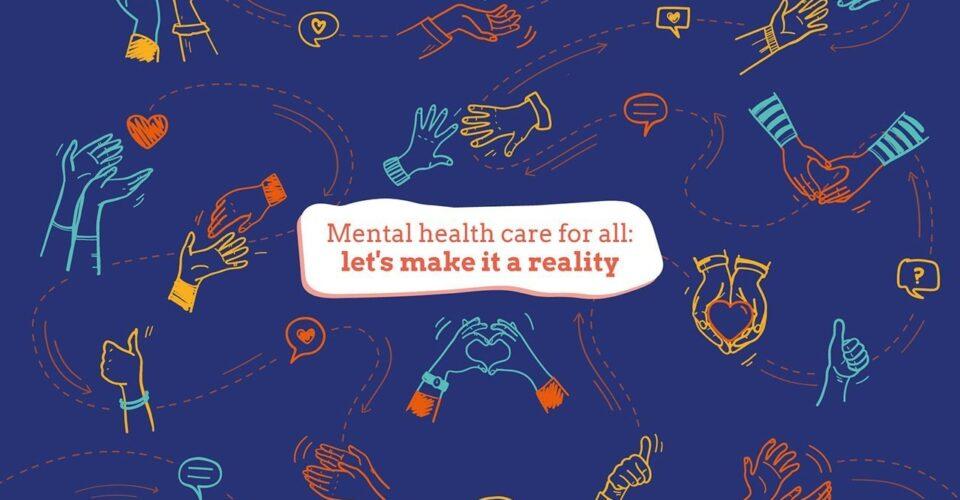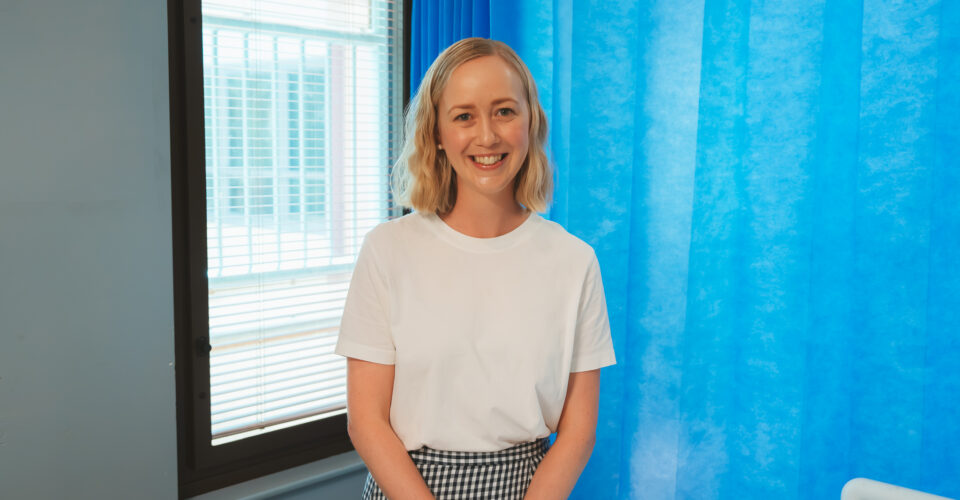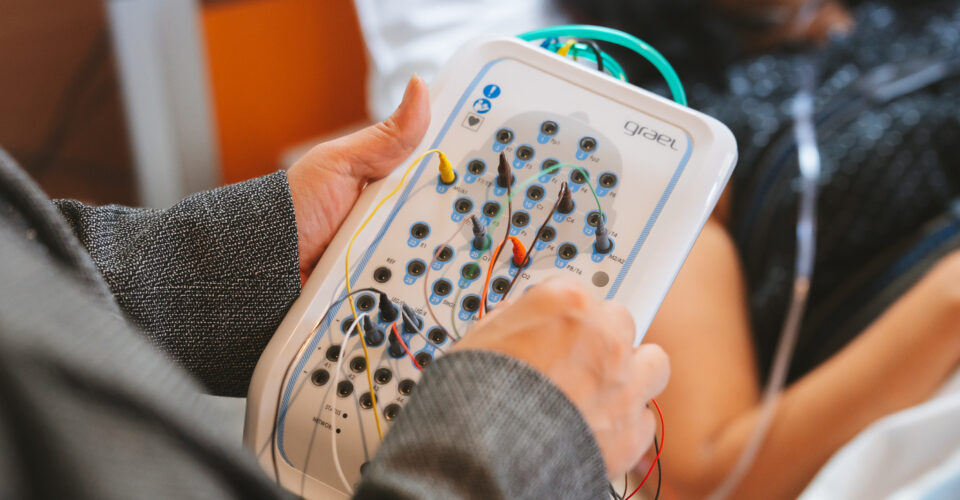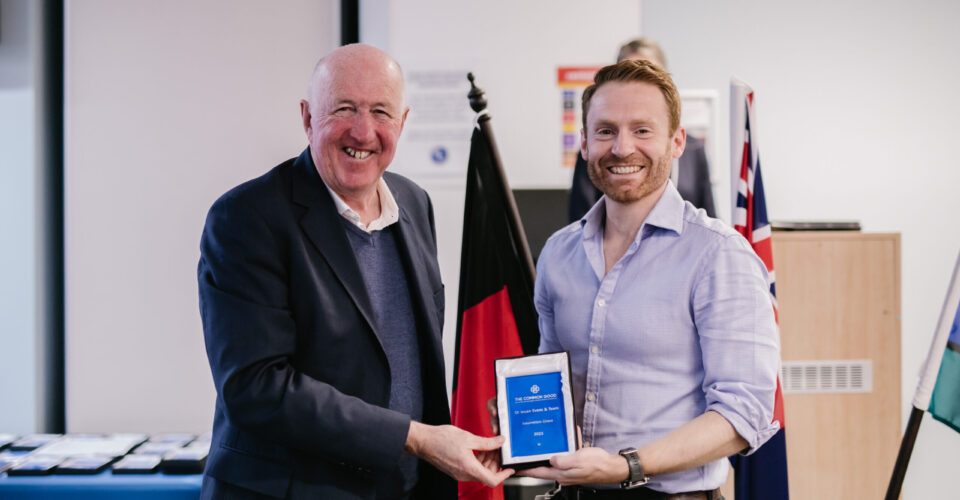The World Health Organisation is urging governments to make mental health care a reality for all people on World Mental Health Day, 10 October. The day falls within Queensland Mental Health Week which runs from 9 October to 17 October.
One-in-two Australians will suffer from a mental illness in their lives and sadly suicide is the leading cause of death for people aged 15 – 24. In addition, 25% of people will experience an anxiety condition in their lives [1] with three million Australians living with anxiety or depression.
COVID-19 and mental heath
COVID-19 has had a major impact on mental health across the globe with many industries being significantly impacted. Frontline health workers, teachers, tourism and hospitality workers have been among the hardest hit as the restrictions gripped their industries [2].
Unfortunately, some mental health services have been disrupted throughout this period with lockdowns and restrictions making it challenging for people with mental health conditions to maintain healthy habits. Doctors recommend exercise and embracing nature as key elements of improving mental health.
The impact of isolation
Sadly, lockdown and travel restriction has made it challenging for people to connect face to face with their family, friends and colleagues. People working from home may not have any face-to-face contact in their day which can increase feelings of isolation.
Isolation can exacerbate the symptoms of depression – which include a loss of energy, feelings of worthlessness, guilt, and hopelessness. Instability can unsettle people with pre-existing mentally health conditions [3].
COVID-19 and connectivity
One positive development that has come out of the COVID-19 pandemic is that hospitals have embraced technology as a way of maintaining connectivity with patients and their families. Connectivity is a key a feature of The Common Good’s plans for the ICU of the Future project as we recognise both the mental and physical benefits resulting from connectivity. While 90% of patients survive their time in ICU, many suffer from long and short-term problems such as delirium, depression and post-traumatic stress disorder. The ICU of the Future is looking to create a more patient-friendly environment, reducing noise and giving patients and their families more privacy.

Dogs lift spirits
Not all mental health treatments involve technology. Therapy dogs have been called in to lift the spirits of patients at The Prince Charles Hospital. The dogs have a calming effect and research has shown they can lower blood pressure and heart rates and reduce muscle tension and fatigue. Dogs have can also help reduce feelings of stress and encourage people to relax.

Optimism out of the pandemic
It has been more than 18 months since the start of the pandemic and the World Health Organisation (WHO) can see cause for optimism. Globally governments are scaling up the quality of their mental health services. Many have endorsed WHO’s Comprehensive Mental Health Action Plan 2013 – 2030 which provides key targets to evaluate progress and impact. At its core is a principle that there is ‘no health without mental health’.
Queensland Mental Health Week events
Queensland Health is offering a range of events during Queensland Mental Health Week, including gardening workshops, community wellbeing sessions and the Queensland Mental Health Achievement Awards. Click here for more information.
How you can help
The Common Good is investing in mental health research and we would always welcome more public support. When you to back our mental health research teams, every dollar you donate is directed towards research into this area. You can help us make a difference here.
If you need some help
Please reach for assistance:
Lifeline: 13 11 14
Beyond Blue: 1300 224 636
Beyond Blues corona virus support service: 1800 512 348
Kids Helpline 1800 55 1800
Headspace: 1800 650 890
[1] Queensland Health (2021) Queensland Mental Health Week Media Kit
[2] World Health Organisation (2021) https://www.who.int/campaigns/world-mental-health-day/2021/about
[3] World Health Organisation (2021) Depression: what you should know










